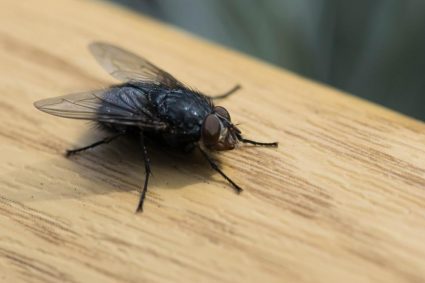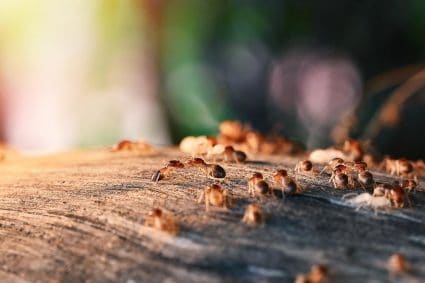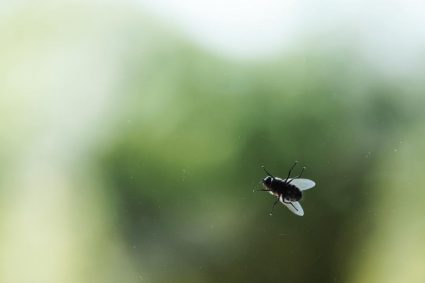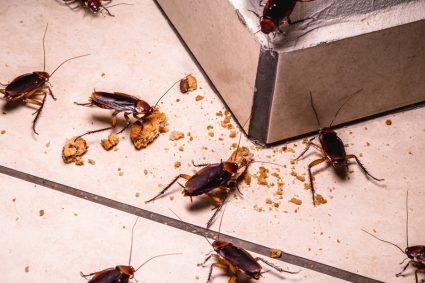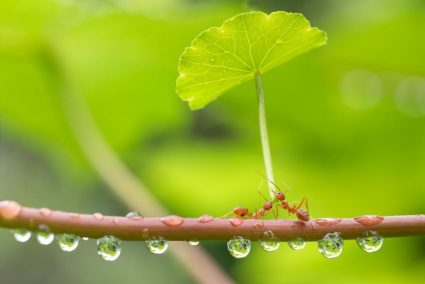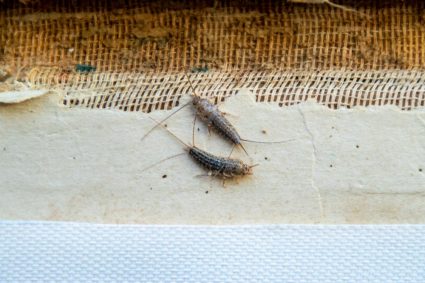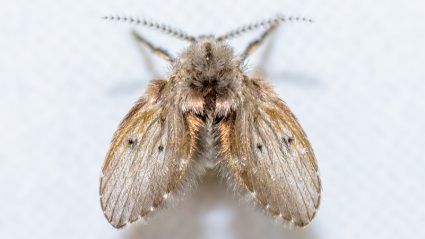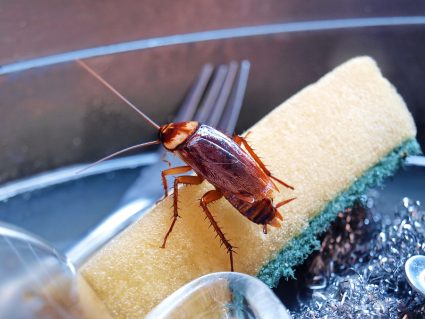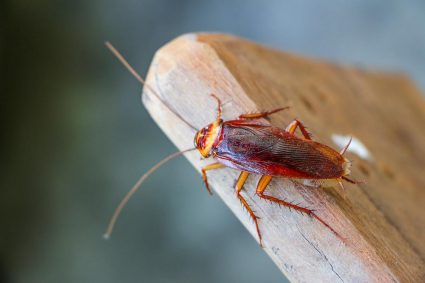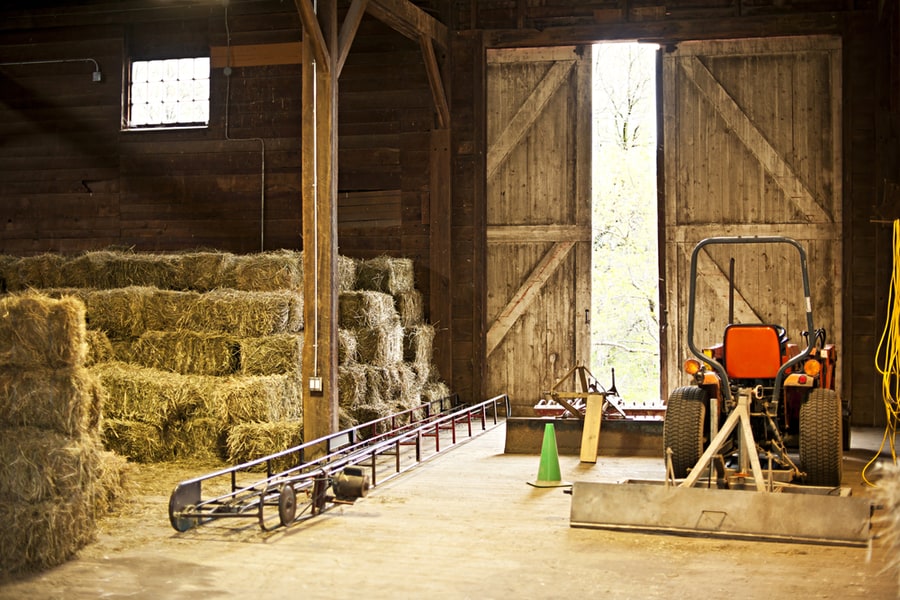
My parents still live in the farmstead where I grew up. Although they don’t do much farming anymore, my dad has all his farming equipment stored in a barn.
Recently, my dad called discovered mice nesting in his farming toys, ones that have gained a lot of sentimental value over the years.
Knowing his attachment to the farming equipment, I immediately sprang to action.
Fortunately, the mouse infestation was yet to cause serious trouble to the equipment, making our job comparatively easier.
We used many methods to counter the mouse problem, starting with a complete clean-up of the barn and equipment and mouse-proofing of the old barn.
We also employed various ways to keep mice from invading the barn and the farming equipment, which proved effective.
Mice cause expensive damage to farming equipment, especially during the winter.
However, maintaining clean and decluttered storage buildings, removing food and water sources, using mouse-repellant scents, mouse traps, and routine inspections can effectively keep mice away from your farming equipment.
Here are some proven techniques to keep mice from infesting your farming equipment.
Cleaning the Surroundings
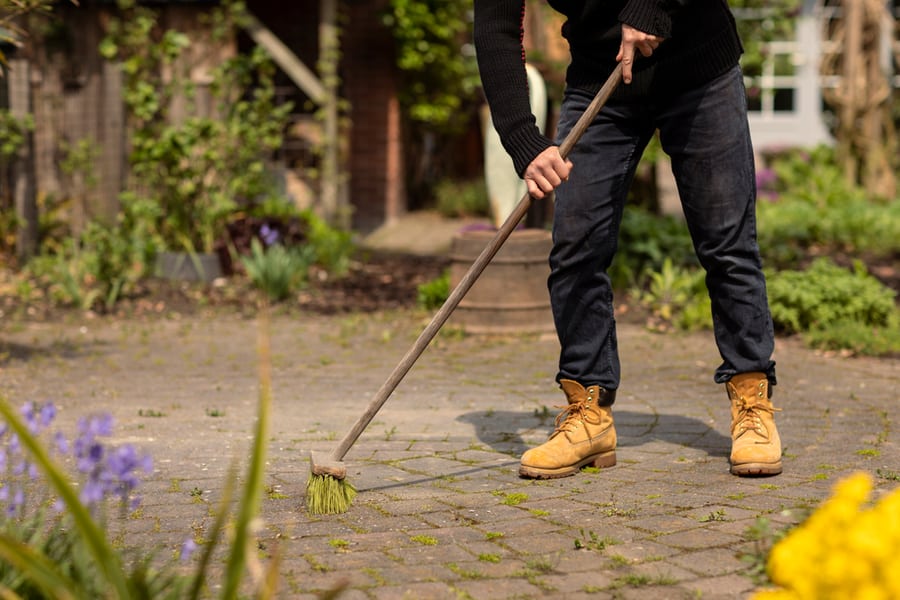
Rodents such as mice operate discretely, preferring to stay in their hiding spots when humans are around.
Therefore, cleaning the spaces storing farming equipment discourages these rodents from nesting in them.
Clear garbage and declutter the surroundings, creating as many exposed spaces as possible that mice find it nerve-racking traversing in such areas.
Consider storing items such as firewood above the ground, making it difficult for mice to hide in them.
Keep the entire property clean and clear, making it as inhospitable to mice as possible. Here, the proper maintenance of storage facilities comes in handy.
Remove or trim bushes and vegetation that provide hiding places for mice and avoid improper storage of building materials, feed, and other equipment, so mice don’t find shelter in them.
Rodent-Proofing
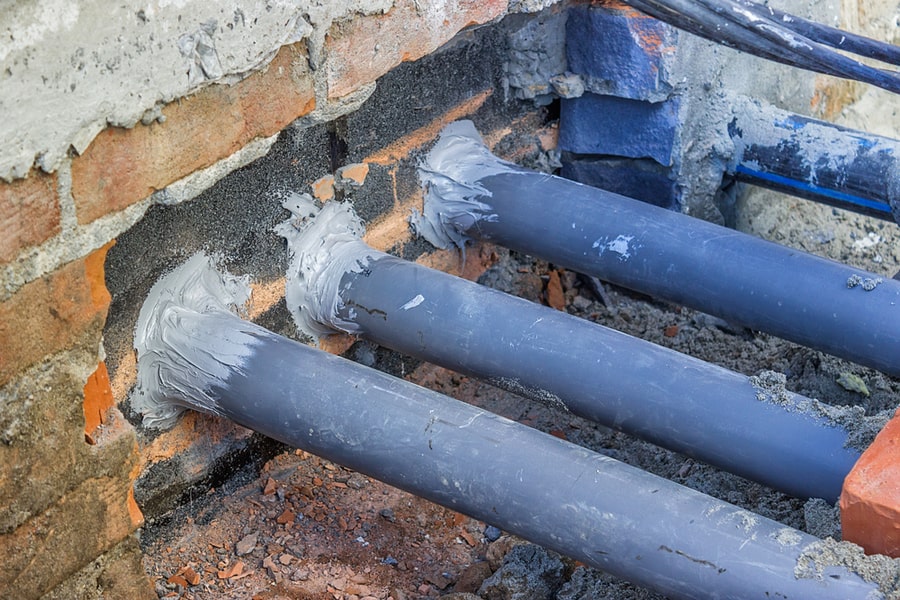
Rodent-proofing makes it impossible for mice to enter certain areas.
Barns and other farm buildings attract mice because of the presence of food sources.
As a result, rodent-proofing farm buildings, especially the ones used to store seeds, feed, and other items that attract mice, is a great way to discourage mice from infesting farms and farming equipment.
Rodent-proofing involves deeper building footings, gravel perimeters, and covering all potential entry points such as door frames, under doors, vents, holes, and broken windows.
Mice can bite through wood and plastic, making wooden buildings or ones with plastic parts undesirable when keeping mice away.
Remove Food and Water

A mouse can easily sniff out a peanut in a haystack.
Therefore, removing any trace of food and water from farm equipment and storage areas is vital to avoid attracting mice.
Take the equipment outside and clean the storage area first, eliminating anything that mice might find edible.
Then, thoroughly clean the equipment using an air compressor, ensuring that no trace of food or water is left behind.
Getting Predator Assistance

Traditional farms used barn cats and dogs like Jack Russell Terriers to help keep rodents away.
Therefore, consider raising a barn cat or a dog to fight mouse infestations, especially in farming equipment.
It’s important to remember that not all cats and dogs are gifted with the instincts and skills for mouse hunting.
As a result, this method requires either luck or raising multiple mouse hunters.
Using Mouse-Repelling Scents
Mice have an incredible sense of smell, helping them locate food while steering clear of predators.
Farmers can use this quality to their advantage when keeping mice away from farming equipment. Let’s see how:
Vinegar
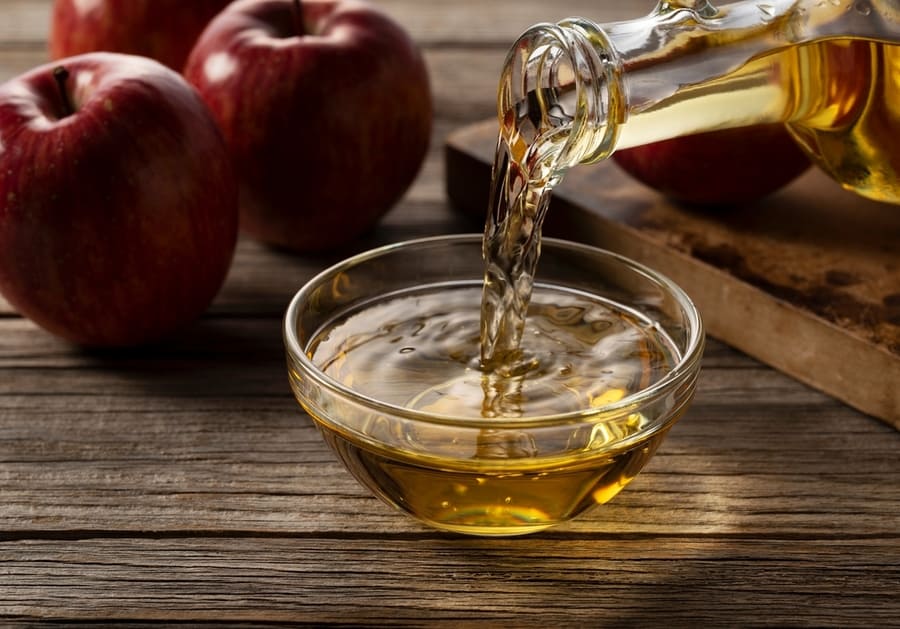
The biting smell of vinegar is one of the best natural mouse repellants. Rodents don’t find this smell pleasant, causing them to avoid areas with its presence.
Combine equal parts of white vinegar or apple cider vinegar with water. Then, spray the mixture on farming equipment and the surrounding area to keep mice at bay.
Wiping surfaces with a cloth soaked in the mix and mopping the floors with it also works where spraying is unsafe or impractical.
Avoid spraying any liquid on engines and electrical components of farm equipment.
Peppermint Oil

Mice do not like the penetrating minty smell of peppermint oil. Add 10 to 15 drops of peppermint oil to a cup of water, creating a potent natural mouse-deterring mixture.
Safely apply the concoction on farming equipment and the storage area to avoid mouse infestations.
Citronella
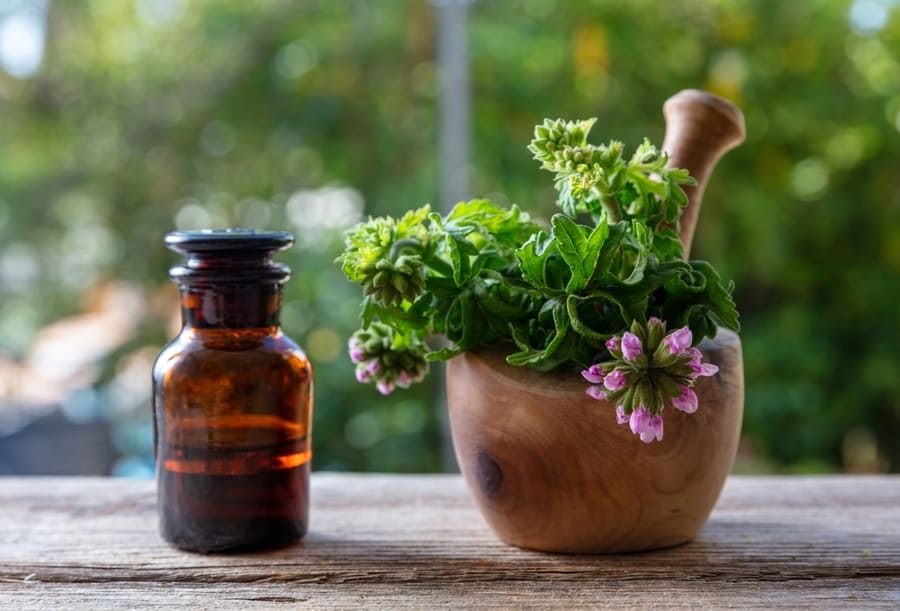
This popular pest-repellant also works against mice.
The lemony scent of citronella can be used in many different ways, such as creating mixes of citronella oil and lighting citronella candles and torches.
Cinnamon
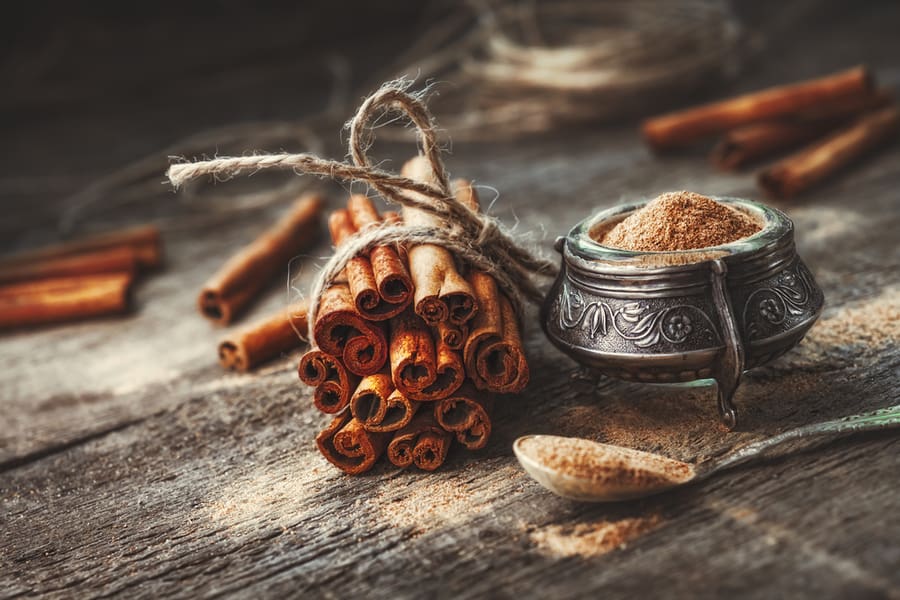
Here’s another scent that mice tend to avoid.
Sprinkle cinnamon around farming equipment or buildings to create perimeters that mice won’t dare to cross.
Cayenne Pepper

Mice do not come close to cayenne pepper as it irritates their sensitive noses. Combine cayenne pepper and water to create a pulp that can create mouse-proof perimeters.
Predator Scents

One of the main ways a mouse benefit from its excellent sense of smell is by identifying the presence of predators nearby.
Farmers effectively use the scent of predator urine to keep mice away from farm equipment.
Fox and bobcat urine are available in most garden and farm supply stores. Sprinkle predator urine around farm equipment or buildings housing them to withstand mice infestation.
Dryer Sheets
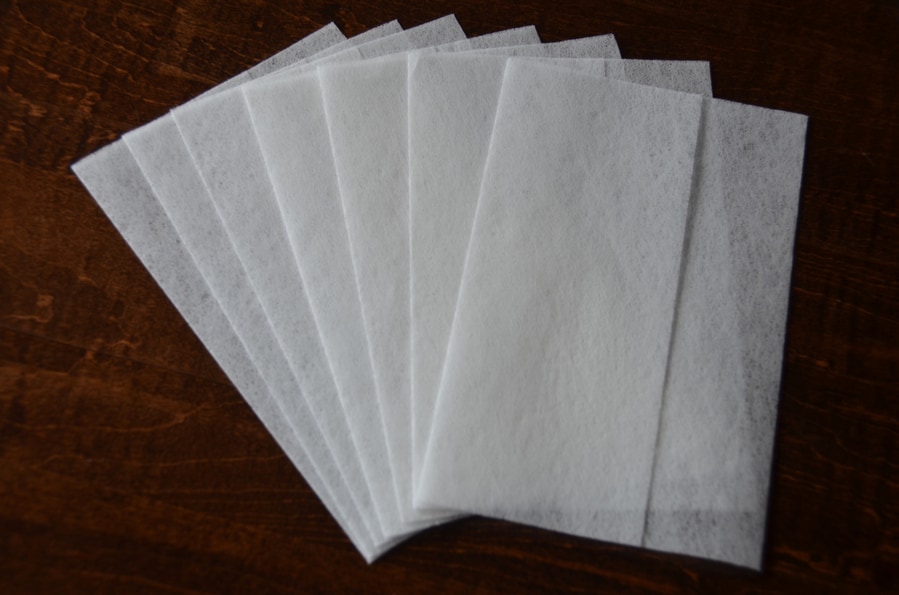
Dryer sheets are known to repel many pests, including mice. Strategically place dryer sheets in and around farming tools to stop mice from nesting in them.
Bleach
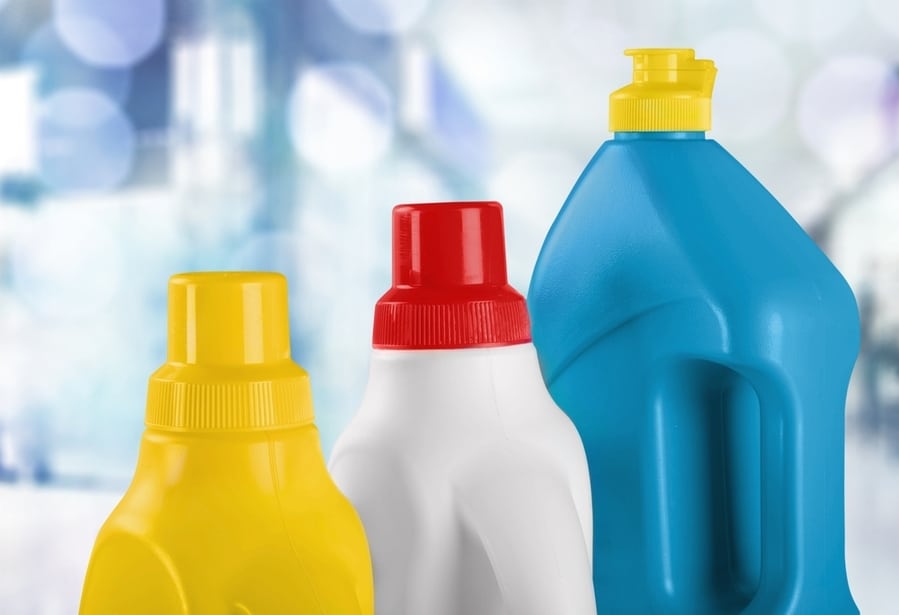
Mix bleach with water and spray it around farming equipment or mop the floors of the storage areas with bleach to safeguard them from mice.
Bleach is toxic if ingested or inhaled.
Therefore, use gloves and a mask when handling it. Ensure it’s kept out of the reach of children and pets.
Mothballs
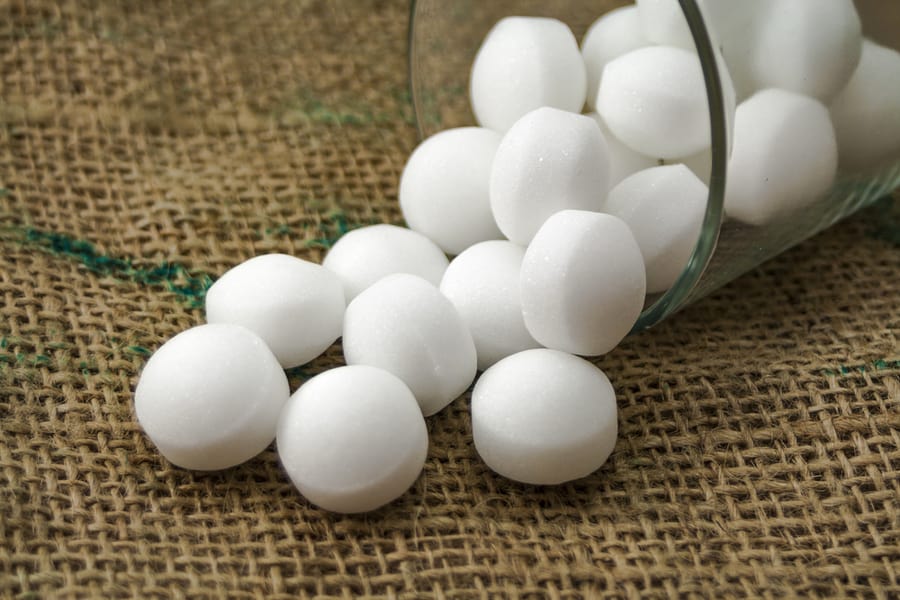
Naphthalene or 1,4-dichlorobenzene found in most mothballs give out a strong scent that deters mice.
Sprinkle mothballs around farming equipment and storage areas to prevent mice from wandering into them in search of food and shelter.
Avoid using mothballs around children and pets since they are highly poisonous. Furthermore, mothballs are highly combustible, requiring caution when using them.
Placing Mouse Traps

Controlling the mouse population on a farm helps prevent them from nesting in farming equipment.
Various mouse traps such as snap, glue, and bait boxes can kill or trap mice effectively. Place them in areas frequented by mice to catch or kill them.
Safe Removal
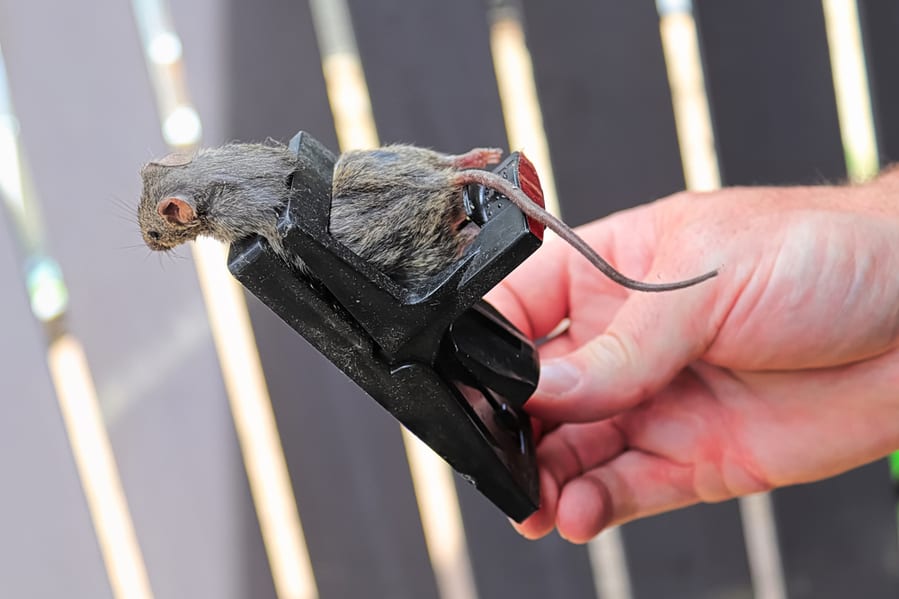
Release trapped mice into areas away from human settlements, ensuring that they don’t return.
Mice feed on mouse carcasses. Therefore, safely dispose of them to avoid attracting mice into the property.
Mice spread various diseases. Therefore, wear gloves when handling dead mice, thoroughly wash hands, and rinse equipment with warm water and soap.
Be careful when handling live mice and seek medical attention in the event of bites and scratches.
Regular Inspections and Maintenance

Thoroughly inspect farming equipment, storage areas, and the property for signs of mouse infestations.
Be consistent in your efforts to keep mice away from farming equipment.
Getting Professional Help

Some mouse infestations require more potent methods, requiring the expertise of professional pest exterminators.
Although this might seem expensive, seeking professional help can prevent damage to valuable farming equipment, saving time, effort, and money.
Summary
Mice are known to take shelter in farming equipment, leading to expensive mouse infestations.
However, many techniques can be used to keep them from entering farm buildings and nesting in farming equipment.
We used many of these methods in my dad’s mouse-infested barn, successfully eliminating a budding mouse invasion and avoiding damage to his precious farming equipment.
Frequently Asked Questions
What Can I Use To Keep Mice Out of My Equipment?
Maintaining clean storage areas, avoiding clutter, mouse-proofing buildings, and removal of food and water source can keep mice out of your barn.
You can also use scents that repel mice, such as vinegar, peppermint, and predator urine. Mouse traps, regular inspections, and maintenance also aid in keeping mice out of equipment.
Will Vinegar Drive Mice Away?
The pungent smell of vinegar repels many pests, including mice, acting as a natural pest-repellant.
Mice, with their excellent sense of scent, find the sharp vinegar scent vile and repulsive, forcing them to stay away from it.
Mixing white or apple cider vinegar with water, spraying the mixture, or using it to wipe or mop surfaces effectively drives mice away.
What Keeps Mice Away Permanently?
Rodent-proofing, proper cleaning, eliminating food sources, trapping and removal, and employing various scents that mice find repulsive can keep mice away permanently.
What Smells Will Keep Mice Away?
Mice avoid strong smells, including vinegar, peppermint, citronella, cayenne pepper, cinnamon, bleach, mothballs, dryer sheets, and predator scents.

